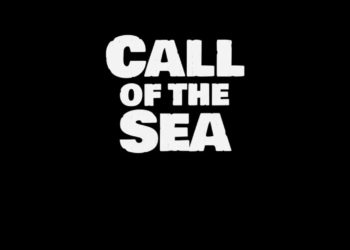For the first time since she resigned in the aftermath of the attempted assassination of Donald J. Trump a year ago, Kimberly A. Cheatle, the former Secret Service director, pushed back publicly on congressional criticism that she had denied additional security requests for a campaign event that day in Butler, Pa.
“For the Butler rally, I actually did direct additional assets to be provided, particularly in the form of agency countersnipers,” Ms. Cheatle said in a statement. One of those was the sniper who shot and killed Mr. Trump’s would-be assassin. But that came after the man, Thomas Crooks, successfully evaded a search to find him, climbed onto a roof of a nearby building and fired eight shots at Mr. Trump while he was speaking. One of the bullets grazed Mr. Trump before he was moved to safety by his security detail.
Senator Rand Paul, Republican of Kentucky and the chairman of the Senate Homeland Security and Governmental Affairs Committee, released a final report early Sunday on the Senate panel’s finding that “stunning failures” by the Secret Service led to the near assassination of Mr. Trump. Several other investigations into the security failures came to the same conclusion last year.
The report revealed little new information about the failures that led to a 20-year-old gunman’s ability to fire shots from a roof of a building with a direct line of sight to where Mr. Trump was speaking at a fairground.
Ms. Cheatle disputed the report’s claim that she lied during congressional testimony about having denied additional security measures for the July 13, 2024, rally.
“Any assertion that I provided misleading testimony is patently false and does a disservice to those men and women on the front lines who have been unfairly disciplined for a team, rather than an individual, failure,” Ms. Cheatle said.
Security plans in the lead-up to the campaign rally a year ago were a joint responsibility between Mr. Trump’s personal Secret Service detail and the agency’s Pittsburgh field office. But agents from the Pittsburgh office bore the brunt of the criticism and repercussions. Senior leaders on Mr. Trump’s detail assigned a young, inexperienced agent to take on a critical planning role for the event. She was handed the most severe penalty, a 42-day unpaid suspension, which she, like the others disciplined, can appeal. The Secret Service announced the disciplinary measures on Thursday.
Mr. Paul and other lawmakers spent months pushing the Secret Service to hold people accountable. He said it was not until he issued a subpoena recently to the agency’s director, Sean M. Curran, that the Secret Service disclosed the number of agents punished and descriptions of the penalties. Mr. Curran was the head of Mr. Trump’s security detail at the time of the rally.
“Following the events of July 13, the Secret Service took a serious look at our operations and implemented substantive reforms to address the failures that occurred that day,” Mr. Curran said in a statement on Sunday.
Mr. Paul said the punishments were not stiff enough.
It was in the days leading up to the rally that the Secret Service arranged for a countersniper team to be part of the range of security measures. Senior leadership at the F.B.I., including the director at the time, Christopher A. Wray, relayed details of an Iranian assassination plot against Mr. Trump. This intelligence prompted the Secret Service to send the countersniper team to Butler. Had the snipers not been at Butler, it is possible that more people, including Mr. Trump, could have been killed.
Mr. Paul said it was a “miracle,” that Mr. Trump survived. If the bullet had been a fraction of an inch closer to Mr. Trump’s face, it could have killed him. The Secret Service has said the Butler rally was its greatest failure in modern history.
Eileen Sullivan is a Times reporter covering the changes to the federal work force under the Trump administration.
The post Ex-Secret Service Director Denies She Failed to Send Agents to Protect Trump appeared first on New York Times.




